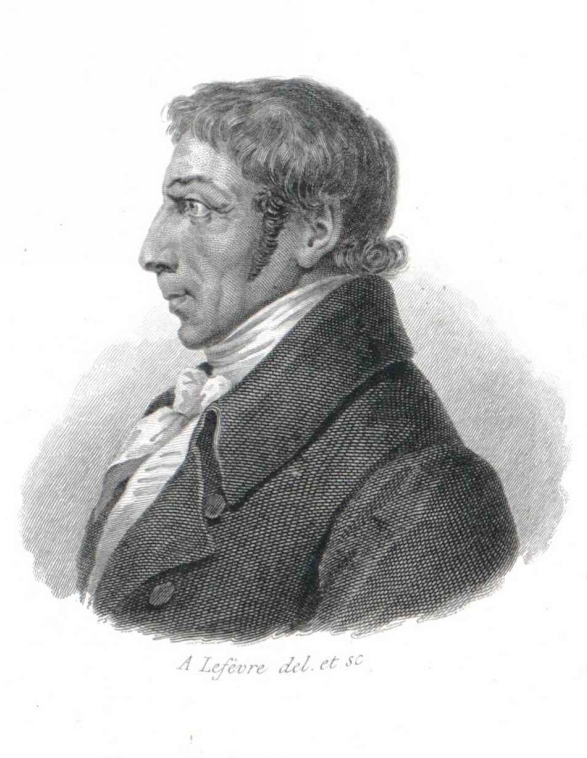Fonte: The Principles of Agriculture, 1844, Section I: The fundamental principles, p. 2.
Albrecht Daniel Thaer: Frases em inglês
Fonte: The Principles of Agriculture, 1844, Section II. The Economy, Organization and Direction of an Agricultural Enterprise, p. 54-55.
My Life and Confessions, for Philippine, 1786
My Life and Confessions, for Philippine, 1786
My Life and Confessions, for Philippine, 1786
My Life and Confessions, for Philippine, 1786
Fonte: The Principles of Agriculture, 1844, Section III: Agronomy, p. 349, as cited in Ruffin (1852, p. 85).
My Life and Confessions, for Philippine, 1786
My Life and Confessions, for Philippine, 1786
p. 258 http://books.google.com/books?id=zAhJAAAAMAAJ&pg=PA258#v=onepage&q&f=false: Title and subtitle of section III of the book.
The Principles of Agriculture, 1844, Section III: Agronomy
Fonte: The Principles of Agriculture, 1844, Section III: Agronomy, p. 343-4, as cited in Ruffin (1852, p. 85).
Fonte: The Principles of Agriculture, 1844, Section I: The fundamental principles, p. 2.
Thaer (1810) cited in: Martin Frielinghaus and Claus Dalchow. " Thaer 200 years at Möglin (Germany) http://horizon.documentation.ird.fr/exl-doc/pleins_textes/ed-06-08/010039833.pdf." in documentation.ird.fr. (2007): 259-267.
Opening sentence of Thaer's four-volume Grundsatze der rationellen Landwirthschaft (Principles of Efficient Agriculture, 1809-1812).
p. 336 http://books.google.com/books?id=zAhJAAAAMAAJ&pg=PA336; Cited in: Edmund Ruffin An Essay on Calcareous Manures, Volume 1. J.W. Randolph, 1852. p. 85.
Ruffin summarizes:
"Humus" is the term used by this author for the decomposed vegetable and other organic matter which is more or less mixed with all surface soil, and which gives to soil all its fertility, and furnishes all the food of plants.
The Principles of Agriculture, 1844, Section III: Agronomy
My Life and Confessions, for Philippine, 1786
My Life and Confessions, for Philippine, 1786
Fonte: The Principles of Agriculture, 1844, Section I: The fundamental principles, p. 3.
Thaer cited in: Marion W. Gray (2000). Productive Men, Reproductive Women: The Agrarian Household and the Emergence of Separate Spheres During the German Enlightenment. p. 267.
Fonte: The Principles of Agriculture, 1844, Section II. The Economy, Organization and Direction of an Agricultural Enterprise, p. 55.
My Life and Confessions, for Philippine, 1786
My consolation was, that "I should be soon as happy here as I was in Gottingen" in the choice of my friends.
My Life and Confessions, for Philippine, 1786
Thaer, cited in: Joseph Rogers Farmers Magazine Volume The Seventh http://books.google.com/books?id=8OnG6xwQkesC&pg=PA263, 1843, p. 263: Speaking of lease and covenants
My Life and Confessions, for Philippine, 1786
My Life and Confessions, for Philippine, 1786
Fonte: The Principles of Agriculture, 1844, Section I: The fundamental principles, p. 15.
p. 345 http://books.google.com/books?id=zAhJAAAAMAAJ&pg=PA345, as cited in Ruffin (1852, p. 85).
The Principles of Agriculture, 1844, Section III: Agronomy
My Life and Confessions, for Philippine, 1786
Fonte: The Principles of Agriculture, 1844, Section I: The fundamental principles, p. 8.
My Life and Confessions, for Philippine, 1786
My Life and Confessions, for Philippine, 1786
